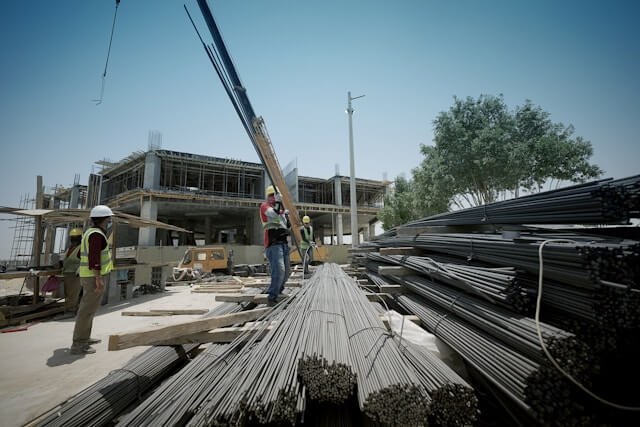
More large-scale construction projects are receiving investments in major cities nationwide. Collaborating on these projects with diverse stakeholders, contractors, and companies can prove challenging. Large-scale construction project best practices are the essentials any collaboration like this wants to build on, enhancing the quality of the finished product and continuously maximizing operational efficiency.
Here are the best practices for large-scale construction projects:
Clarify Objectives and Scope
The advantage of a highly detailed construction project plan is that it clearly outlines the objectives and scope at the outset. Every stakeholder understands the goal, the deliverables involved, and any potential limitations. Clear objectives also prevent additions or modifications after the project begins.
Carefully Plan Construction Phases
A project manager plans a project’s phases based on drawings and schematics. A large-scale project will likely have multiple teams on site, require lots of materials and equipment delivered and fitted on-site, and there’s the cost of it all. A manager should plan phases wisely, such as having teams rotate on/off so that phases are completed quickly and efficiently.
Integrate New Technology
Construction technology, from contractor accounting software to new tools used on the ground, can enormously improve efficiency and productivity. However, you should approach any new technology with caution. The investment should be worth it, either speeding up a task, making it safer, or increasing profitability.
Expertly Map Out Your Schedule
A detailed schedule tracks progress and identifies what resources need to be allocated where. Shortages or excesses in labour, materials, or equipment increase costs. Map out an entire project, reviewing it regularly to ensure adjustments are made, and costs are saved if you anticipate some issues. This takes meticulous planning and attention to detail to get right.
Automate Digital Data Collection
Through AI and automation, in conjunction with project management and construction accounting software, it’s much easier to automate data collection and reporting than to enter data manually every day. Especially on a large-scale project, you want to save time. Integrating these features and software into your day is simple.
Monitor Budget Allocation Periodically
Project financing should be monitored regularly to ensure the budget is allocated to the correct resources. As project costs creep up, this monitoring will help you see where funds are required. It will provide all the information you need to rebalance your budget. Be ready to pivot in allocating funds depending on what occurs as a project is carried out.
Keep Workers Compliant with Safety
Safety risks are always present. Workers should act in compliance with health and safety regulations at all times. Having the equipment available and wearing it isn’t enough. If workers aren’t using safety equipment properly, this alone can cause hazards. Keep workers compliant with safety standards. Those that will not comply must be retrained or let go.
Respect the Local Community
Take the time to inform the surrounding community about the large-scale construction project. All relevant stakeholders should be informed, especially if it impacts local traffic, the economy, or the environment. Follow all local regulations, including obtaining the necessary permits and ensuring all safety laws are followed.
Respond to Delays Promptly
Project delays can occur due to weather conditions, unforeseen site issues, material supply issues, or labour shortages. A large-scale construction project should have built-in processes and procedures when these fairly predictable delay scenarios become a reality. Whatever you do, don’t wait to act. Act quickly and definitively, guiding all relevant stakeholders on-site.
Maintain Excellent Communications
Miscommunication leads to delays, errors, and dissatisfaction. Ensure clients, contractors, and team members are treated respectfully, kindly, and given clear, regular communication. Turn in reports on schedule and follow through with communication promises. Updates and reports keep relevant stakeholders abreast of all pertinent information.
Prioritize an Eco-Friendly Result
Environmental concerns are a major concern in large-scale construction. Waste management, pollution control, and resource conservation can prevent a PR nightmare. They can also maintain your project’s integrity, resulting in a greener, more environmentally friendly building. With each year, the industry moves towards eco-friendly, sustainable practices.
Don’t Skip Quality Control Checks
Quality control is necessary. Quality standards are the only standards. Errors or issues relating to artistry, materials, or not following specifications can lead to increased costs, redoing a project phase, and further pushing back the timeline. Never skip or rush through quality control checks at any stage. They’re necessary to reduce the risk of a big error costing lots of money.
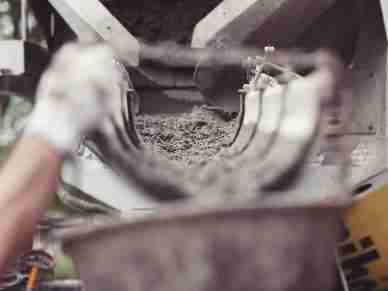

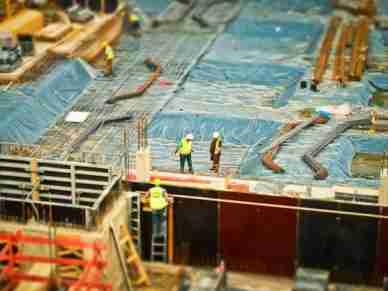
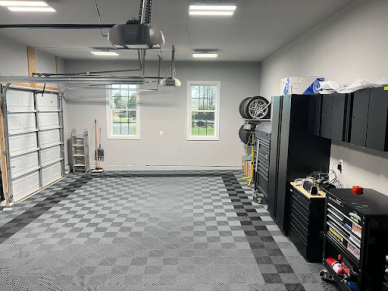

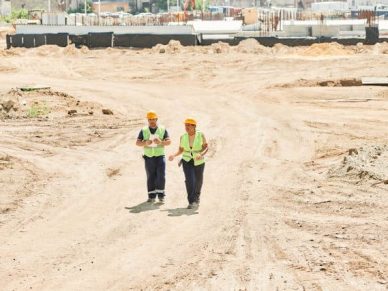


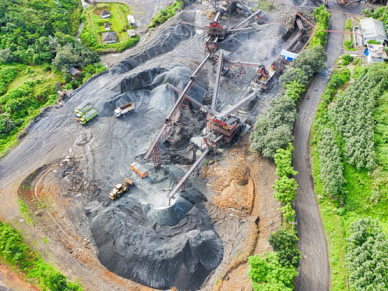






Leave a Reply